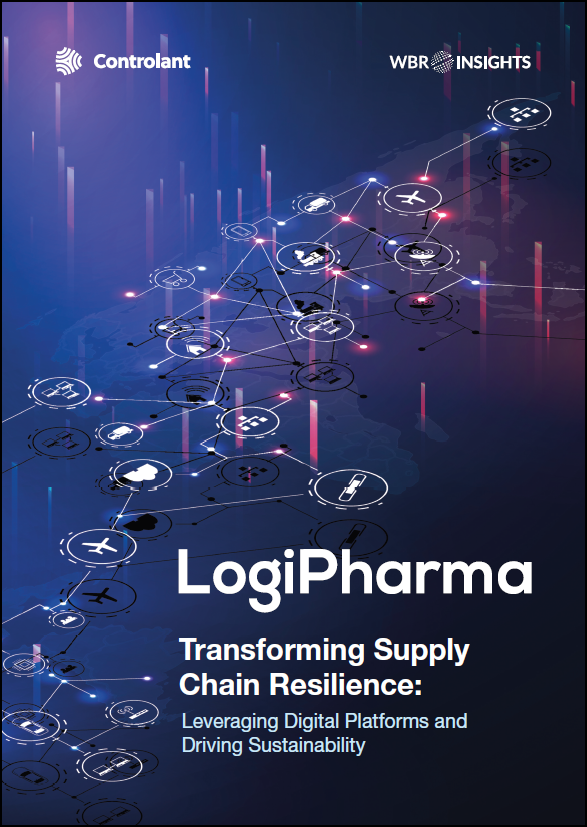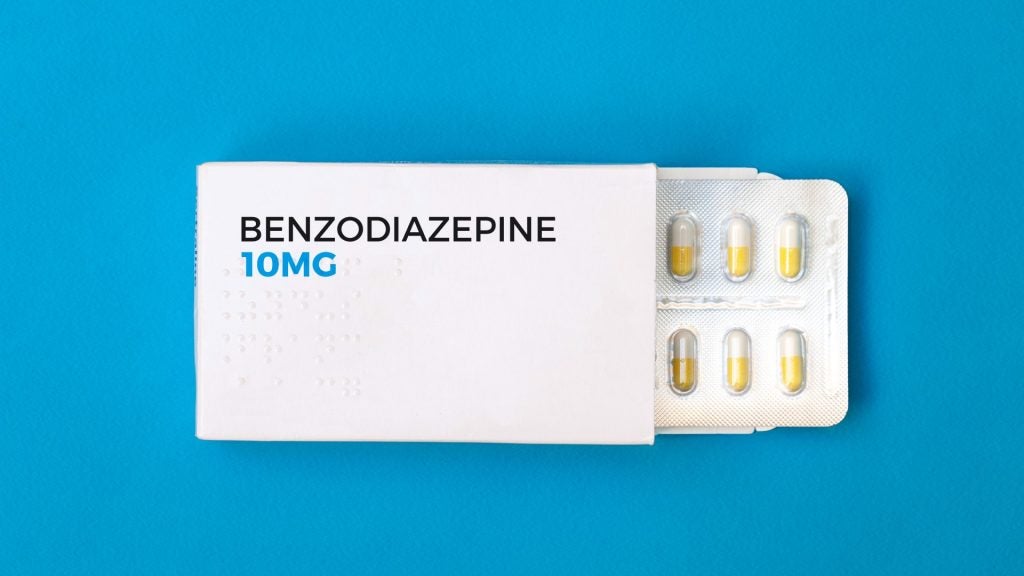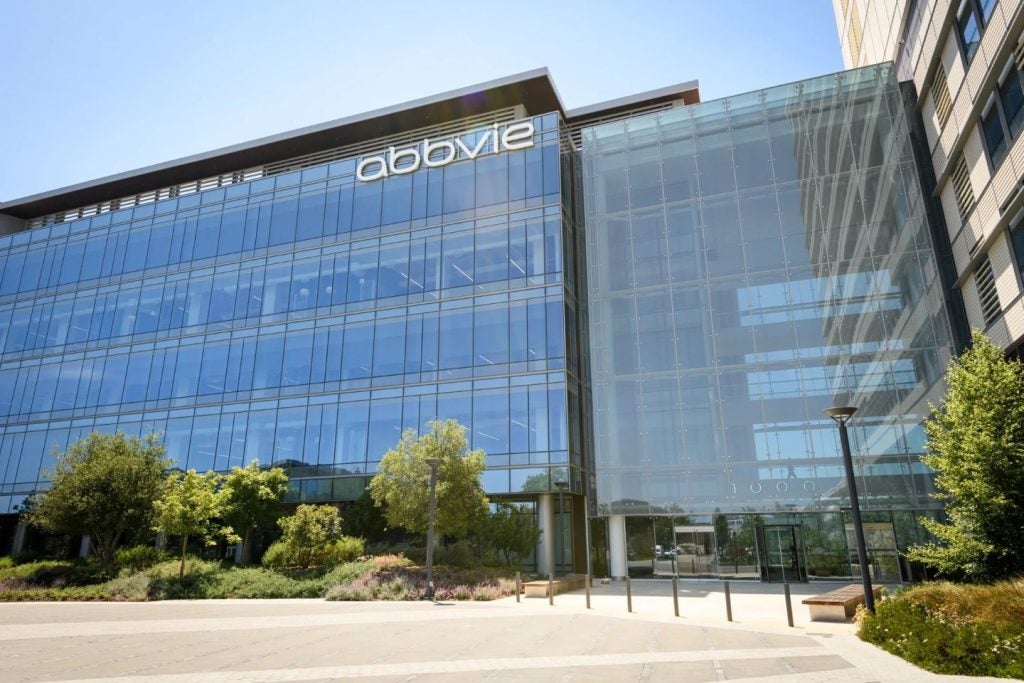As recent changes to the price setting of drugs have improved the market access risk environment in France, GlobalData looks at their impact on the pricing of orphan drugs.
Changes to price negotiations positive for orphan drugs
The changes in question were introduced via the new contractual agreement signed by the French Pharmaceutical Companies Association (LEEM) and the Ministry of Health’s (MoH’s) Economic Committee for Health Products (CEPS) in March 2021.
For orphan drugs, the terms of the agreement state that where the annual cost of a therapy is determined to be more than EUR50,000 ($52,599), a “flat rate payment” may be agreed upon in exchange for a price that is in line with the prices that are applied internationally. A positive funding decision may also be linked to a performance-based risk sharing agreement, with pre-defined rebates being determined by the therapeutic performance of the product.
Orphan and non-orphan drugs with a therapeutic improvement rating (Amélioration du Service Médical Rendu, ASMR) of I to V may also benefit from the new fast track pathway, which allows a drug to have a first price set within a maximum of 15 days under the following conditions:
How well do you really know your competitors?
Access the most comprehensive Company Profiles on the market, powered by GlobalData. Save hours of research. Gain competitive edge.

Thank you!
Your download email will arrive shortly
Not ready to buy yet? Download a free sample
We are confident about the unique quality of our Company Profiles. However, we want you to make the most beneficial decision for your business, so we offer a free sample that you can download by submitting the below form
By GlobalData- ASMR I to III drugs must have obtained a favorable pharmaco-economic evaluation.
- ASMR IV drugs must have obtained a favorable pharmaco-economic evaluation and be likely to have a negative budget impact.
- ASMR V drugs must have a proposed price below the comparator price.
30% of orphan drugs deemed to bring therapeutic improvement
According to data from GlobalData’s Price Intelligence (POLI) Therapeutic View database, orphan drugs are very likely to benefit from the fast-track pathway and favorable pricing conditions. Orphan drugs often receive a high therapeutic improvement rating. Out of all orphan indications in GlobalData’s database, 5.9% obtained the highest ASMR (I) rating, compared to 0.6% for non-orphan indications. On average, about 30% of orphan indications obtain an ASMR of I to III, 34% obtain an ASMR of IV, and 23% obtain an ASMR of V.
Only 4% of orphan drugs are excluded from reimbursement due to an insufficient clinical value, compared to 11% for non-orphan drugs. The rest are either marketed under an early access scheme or do not have an ASMR rating.
The ASMR value is key to obtaining a favorable price in France. Together with the pharmaco-economic evaluation performed by the Commission for Economic Evaluation and Public Health (Commission Évaluation Économique et de Santé Publique, CEESP), the level of ASMR has a major impact on companies’s ability to negotiate a drug price.
Majority of orphan drugs cost more than EUR50,000 per patient per year
GlobalData’s Price Intelligence data also confirms that 80% of orphan drugs (out of 87 in total) in France have an annual treatment cost that exceeds EUR50,000 ($52,599) per patient per year for at least one indication. This suggests that recourse to the new flat-rate payment will likely be very common for upcoming orphan medicines.
If the indication with the highest annual treatment cost is selected, 17.5% of orphan drugs have an annual treatment cost below EUR50,000 ($52,599). The majority of orphan drugs have an annual treatment cost between EUR100,000 ($105,139) and EUR500,000 ($525, 697) per patient.
Compared to non-orphan products, orphan drugs are more favorably assessed by the French National Authority for Health (Haute Autorité de Santé, HAS), resulting in a positive impact on price setting. The recent changes to the pricing rules will further “streamline the negotiation” environment for orphan-drug makers, ensuring early access for orphan patients and a fixed budget for French payers in the case of very expensive orphan drugs.









